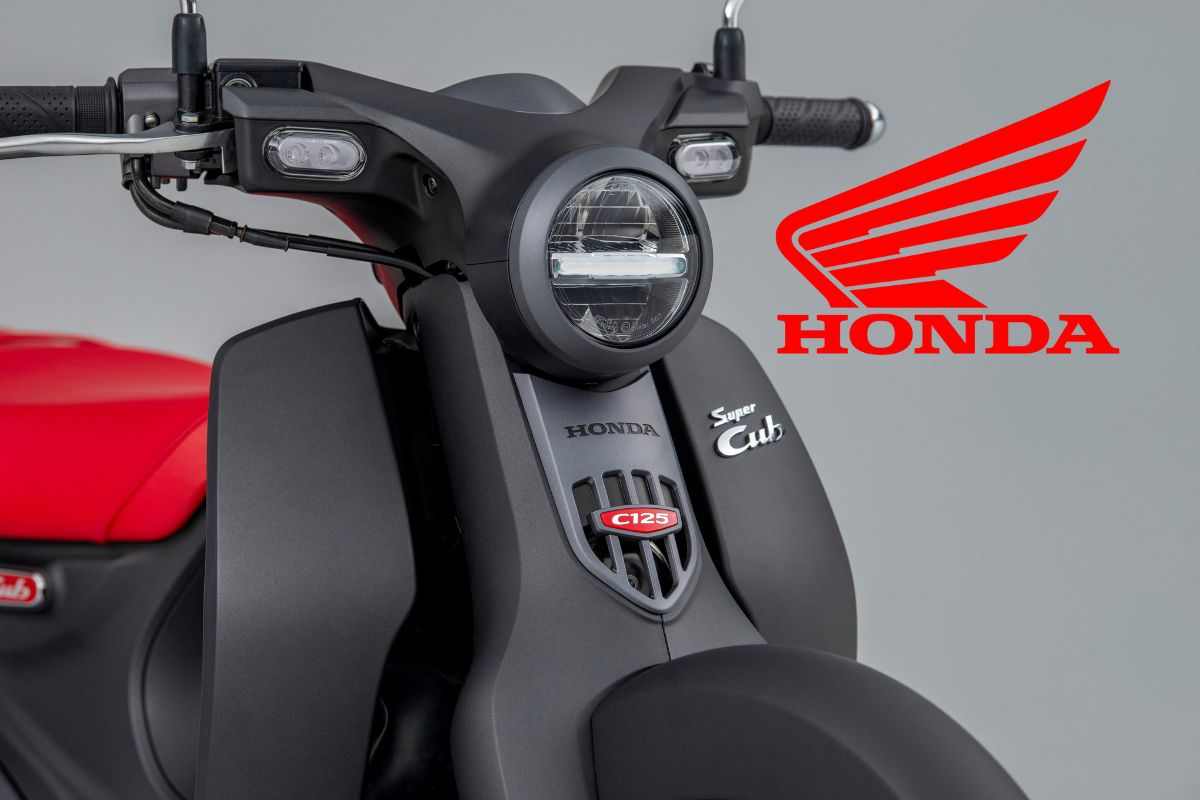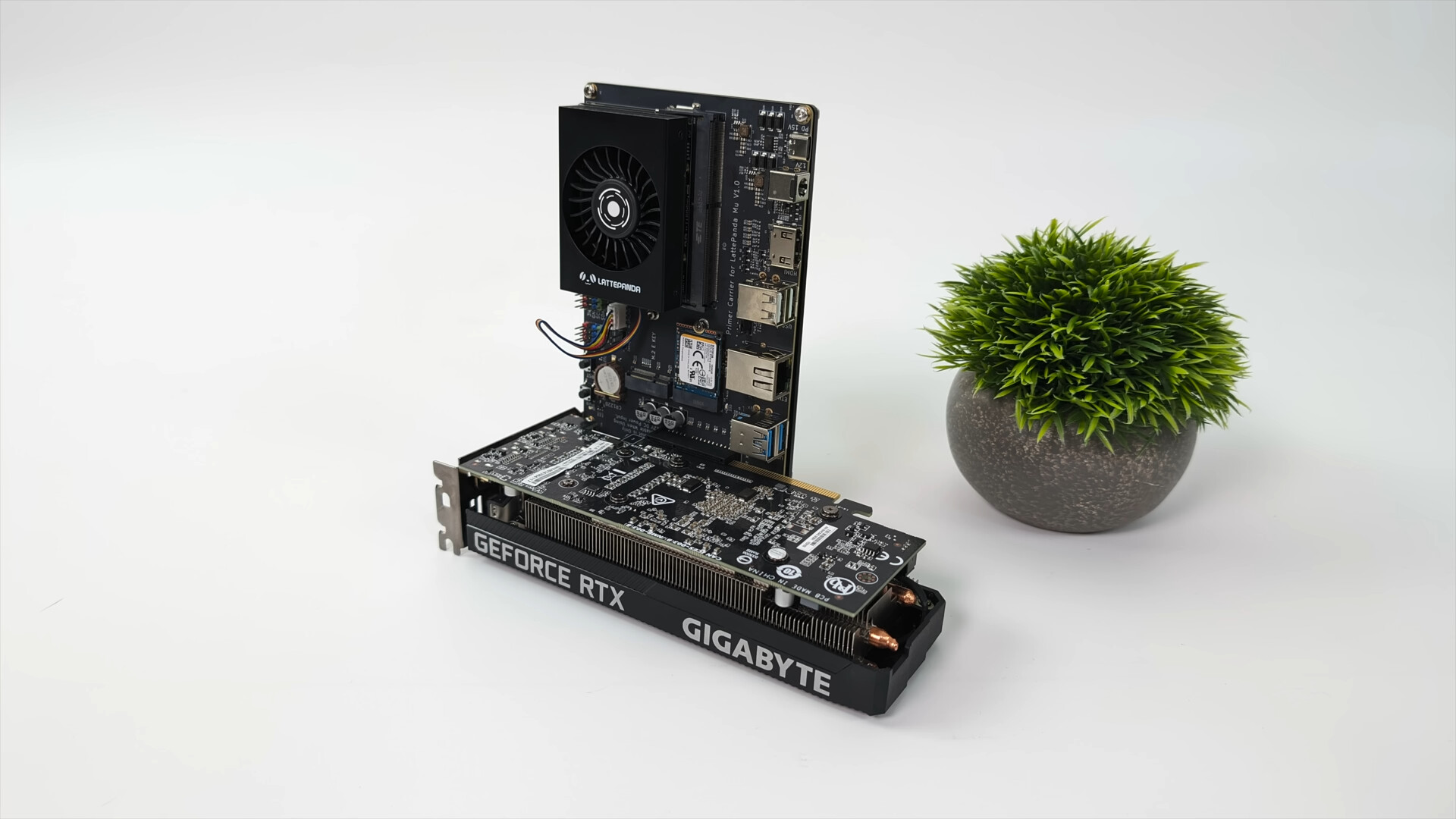#ASEAN #connected #Roro #Ship #Network
Jakarta –
Indonesia and ASEAN countries will operate a roll-on/roll-off (roro) ship network. One of them is the Ro-Ro ship cruise on the Dumai-Melaka route, which is still in the passenger terminal construction stage and is expected to be completed in June 2024.
Ministry of Transportation cq. The Directorate General of Sea Transportation at the 46th ASEAN Maritime Transport Working Group meeting which was held in Bandar Seri Begawan, Brunei Darussalam on 6-8 May 2024, explained several proposals and developments in Indonesian sea transportation.
These proposals and developments were presented by Lollan Panjaitan, Secretary of the Directorate General of Transportation as head of the delegation of the Republic of Indonesia. The important thing discussed at the meeting was the ASEAN Single Shipping Market (ASSM) agenda. Member countries are expected to provide the latest information regarding national coordination mechanisms regarding the development of port and road infrastructure, as well as plans for developing ports with better access.
Several maritime transportation developments were presented at the event, one of which was the operation of the Ro-Ro shipping network in ASEAN. This operation is a statement that Indonesia fully supports projects that can improve the global economy.
The Ro-Ro ship voyage on the Dumai-Melaka route is still in the passenger terminal construction stage and is expected to be completed in June 2024. Apart from that, Lollan also explained that Indonesia is currently preparing the Dumai-Melaka RoRo Joint Task Force in collaboration with related ministries or institutions. Lollan also explained that Malaysia should form a joint task force from the two countries to speed up this problem.
Lollan also explained regarding the Bitung-Davao Ro-Ro route that it was discovered that there was a large number of people moving at certain times, such as Christmas, Eid al-Fitr and school holidays. Migrants move between the two countries.
Seeing this situation, Lollan said that he should consider the transportation of people and goods not only limited to Ro-Ro ships, but also developed using non-convection ships. This emphasizes the reason why Indonesia created a joint task force.
Apart from that, Indonesia appreciates and expresses its gratitude for Indonesia’s participation in the Asean Regional Training Center for VTS (ARTV) which was held at the MATRAIN Marine Department of Malaysia. Lollan stated that Indonesia fully encourages and supports ARTV for Phase 5 and supports efforts to increase VTS Operator competency through other programs with ASEAN member countries.
Another development revealed by Lollan at the event was that Indonesia has 2 training institutions, namely BPPTL and BP3IP which have been accredited for implementing VTS training in Indonesia.
Another thing that was explained at the meeting was the development of Eco Ports in Indonesia. Lollan conveyed Indonesia’s views regarding the importance of implementing carbon neutral ports in all ports in Indonesia. This is regulated in the Decree of the Minister of Transportation Number KM 8 of 2024 concerning Determination of Climate Change Mitigation Actions in the Transportation Sector to Support the Achievement of National Contribution Targets.
This development is supported by Indonesia’s collaboration with Japan in the Port Technology Group. Indonesia will develop the Carbon Neutral Port Guideline concept and pay attention to input from ASEAN countries. Lollan also expressed his support for environmentally friendly fuel policies in shipping and maritime transportation.
In addition, the Indonesian delegation expressed its support for the signing of the MoU between ASEAN and IMO regarding Future Cooperation in the Maritime Sector in the Asia-Pacific Region. Collaboration in the blue economy sector includes development in the aquaculture, tourism, renewable energy, biotechnology, marine and freshwater-based research and education sectors, and other sectors.
During the meeting, Lollan hoped that ASEAN and IMO would continue to strengthen cooperation in the maritime sector in order to develop sea transportation and strong connectivity in the ASEAN region and beyond.
(rrd/rir)


:watermark(https://f.pmo.ee//logos/4232/4ebd6f5dc62d0c4b6f1961c46e2f0303.png,-2p,-2p,0,18,none):format(webp)/nginx/o/2024/05/20/16086105t1h2675.jpg)





